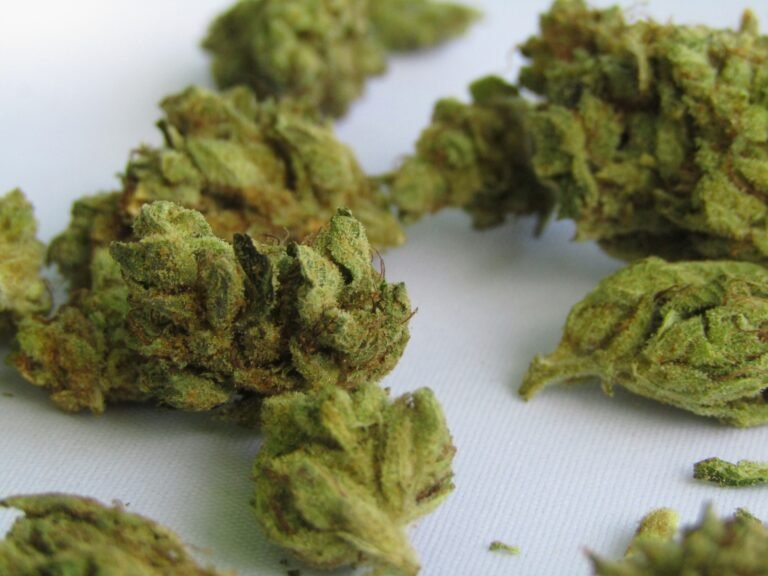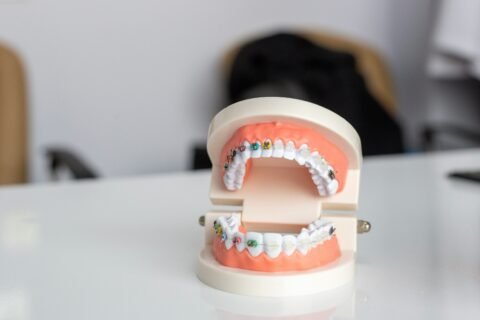Photo by Ndispensable on Unsplash
IBD is an uphill battle. Flare-ups, diets on your mind, just trying to make it through the day without a painful episode. But what if there were complementary ways to approach this? What if you could try some alternative approaches that just might help soften your symptoms and help you live a little more comfortably?
Seven others might actually have some merit in taking a bit of the edge off IBD. Let’s dive in!
1. Probiotics for Gut Health: A Bacterial Balance Boost
Ever wondered why people go gaga over probiotics? It’s because they help balance bacteria in your gut—likely one of the prime drivers behind IBD. When the latter is in harmony, you can steer clear of those nasty flare-ups with a whole lot more ease. And here’s the kicker: You can find them very easily in everyday foods like yogurt, kefir, or even some types of pickles. If you’re not into those, there are supplements galore that promise to target gut health. In addition, probiotics boost the whole process of digestion, allowing you to absorb way more nutrients from your meals and giving your body what it needs to heal and blossom.
2. Anti-Inflammatory Diets: Eating to Heal
We’ve all heard that food is medicine, but with IBD, it really couldn’t be more true. Diets such as SCD or Low FODMAP diets are used to treat inflammation by taking out common triggers. You are going to want to look at a lot of fruits, vegetables, lean proteins, and good fats. These diets are scientifically based on the fact that what we put into our bodies determines how inflamed or soothed our gut becomes. Added to that, when one consumes whole foods, the body is at rest from many additives that could be acting up and causing symptoms. It’s all about finding what works for you since everybody’s gut is different—it may take some time to balance it just right.
3. Mind-Body Therapies: Stress Less, Feel Better
Can stress really make IBD worse? Absolutely. Often, what sends your mind into a flutter makes your gut act up, too. So it’s no surprise that yoga, meditation, and other mindfulness practices have become popular ways to manage IBD. Such techniques can have a soothing effect on the entire system and give the digestive tract some respite from the impact of stress. But most importantly, they are brilliant for your general mental health, which is always a plus in my book. Even a few minutes of deep breathing per day can make all the difference and help you stay in control and focused during stressful situations, too.
4. Acupuncture and Traditional Chinese Medicine: A Different Kind of Relief
If you have never tried acupuncture, it might sound a little out there. However, more people are now turning toward acupuncture for relief from symptoms of IBD. That is the thought behind acupuncture: by stimulating these certain points in your body, you’ll be able to reduce inflammation and pain. This is part of Traditional Chinese Medicine; as such, a holistic approach to healing. Many report that after regular sessions, they feel more balanced and less tense. If the use of needles isn’t your thing, then there are also Traditional Chinese Medicine herbal remedies you can try aside from this. And if you’re open to it, many practitioners will work with you to develop a personal treatment plan that fits your symptoms and individual needs.
5. Herbal Supplements: Nature’s Anti-Inflammatories
Got a spice rack at home? You might be closer to relief than you think. Herbal supplements, including turmeric, aloe vera, and boswellia, may have some potential to help reduce inflammation in the gut. Most of these herbs have been used since ancient times, well before we had synthetic pharmaceuticals. However, it’s good to ensure that you are taking them correctly and in safe dosages; checking with a healthcare provider will always be wise. Other herbs, such as turmeric, can even be added to your cooking, making it easy for you to introduce them into your daily life without having to use any pills or tinctures.
6. Medical Marijuana: An Increasingly Popular Interest Regarding IBD Relief
The idea of medical marijuana has been heating up when it comes to IBD relief, and rightly so. Turns out, cannabis may help with pain and inflammation, two big IBD players. On the other hand, you may wonder how to get started even before jumping into the exploration of the option. If you are in Pennsylvania, you can use medical marijuana for IBD. Thus, you will want to know how to get a medical marijuana card in Pennsylvania. Many people find that this is added comfort for their disease when other treatments aren’t cutting it. Always remember, though, that medical marijuana is not a cure; it is only another tool in the toolbox for symptom management. You’ll also want to talk to your doctor about this option to make sure it’s the right fit for your personal health plan.
7. Fecal Microbiota Transplant (FMT): Resetting the Gut
Okay, FMT might not sound like the most glamorous treatment; it entails transferring stool from a healthy donor into the patient’s gut. But don’t let that “ick factor” fool you, because this is a treatment that is picking up some serious steam when it comes to taking care of severe cases of IBD. It’s simple in thought: by resetting the gut microbiome with healthy bacteria, you could reduce inflammation and bring balance back into your digestive system. Recent studies have indeed yielded very promising results with many patients experiencing long-term relief from their symptoms. Though it may seem a little unconventional, FMT is becoming increasingly more mainstream as an option for those with severe cases of IBD who just haven’t responded to other treatments. Although some people benefited wildly after only one or two treatments—a game-changer if you have IBD symptoms daily—the bottom line remains: find what works for you.
Conclusion: Find What Works for You
Living with IBD is not easy, but hopefully, these alternative approaches will bring some much-needed relief. Take probiotics, change your diet, or investigate some newer options like medical marijuana or FMT; it’s all about finding what works best for the individual. So don’t be scared to experiment a little and find out how your body reacts to different treatments. Keep in mind that IBD is typically managed with many forms of treatment, so mixing and matching is just fine. As always, consult with your healthcare provider before making significant changes to your treatment plan. You deserve to feel your best, and the right mix of therapies might make just the difference.

Daniel J. Morgan is the founder of Invidiata Magazine, a premier publication showcasing luxury living, arts, and culture. With a passion for excellence, Daniel has established the magazine as a beacon of sophistication and refinement, captivating discerning audiences worldwide.





